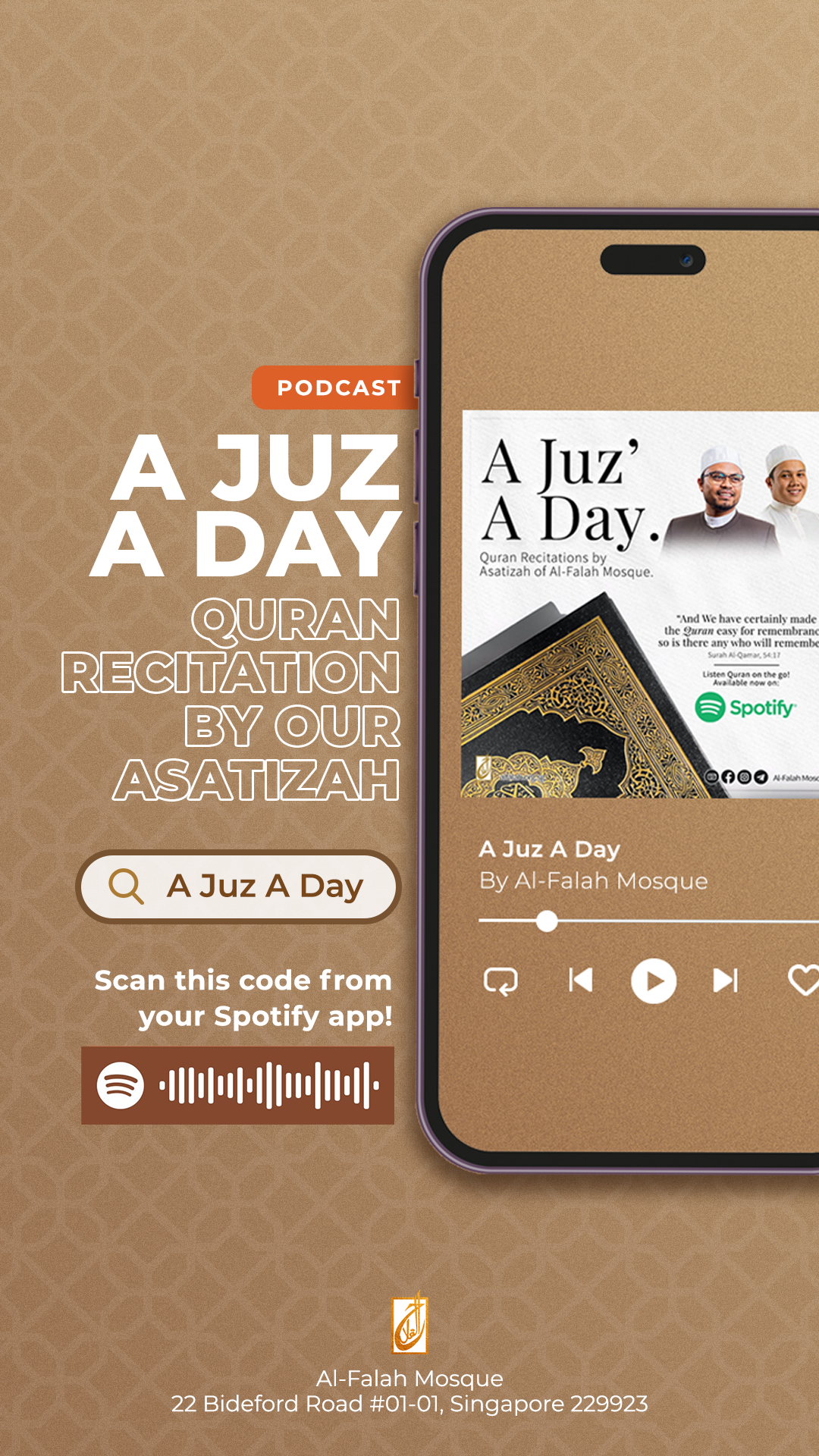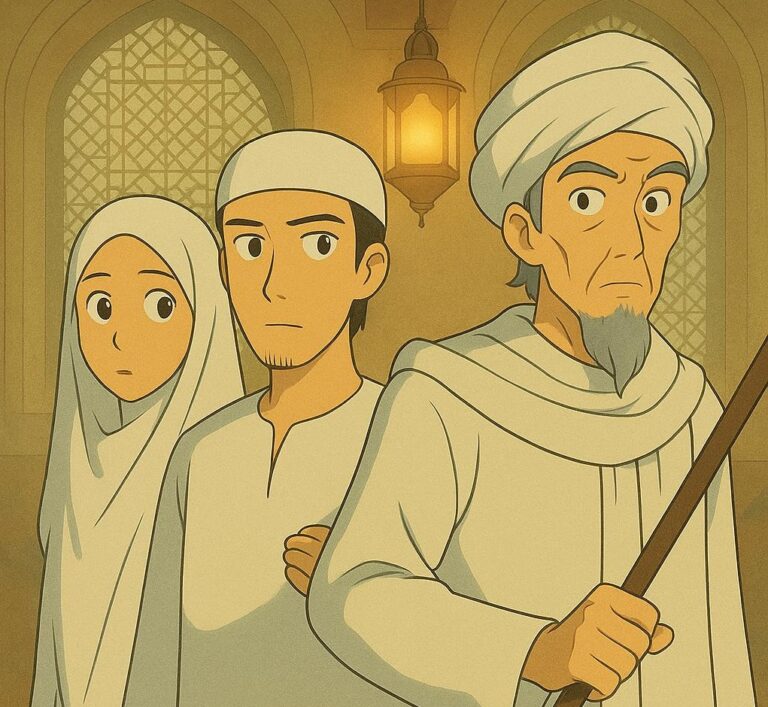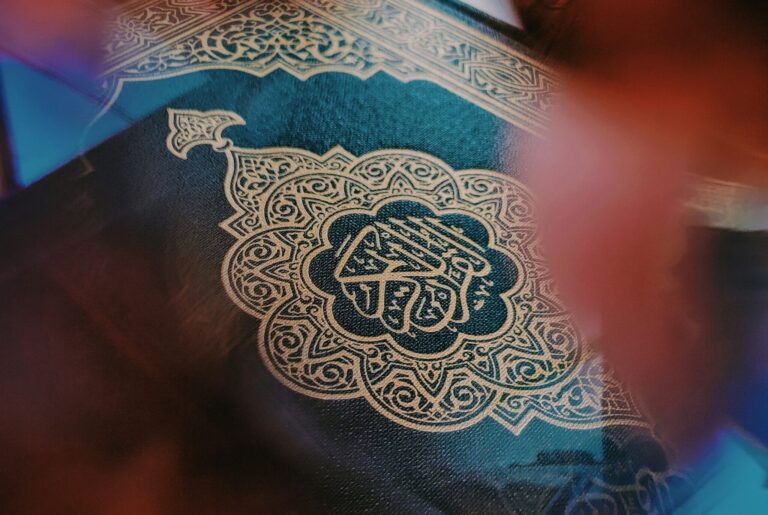Articles
Understanding Rizq (Sustenance) in Islam
- BY Ustaz Reza Idani Zainal Abidin
- ON
- sustenance, wealth, quran, sunnah

In our daily lives, we often come across the word Rizq, and the word is particularly familiar within the Malay Muslim community; hence, we often hear the saying, “Rezeki tidak pernah salah alamat” which implies that everyone gets what they’re destined to have. The concept of Rizq is also commonly understood as provision or sustenance in the form of material such as wealth and food, while in Islam Rizq extends beyond mere material possessions. In this article, we will take a look at the essential concept of Rizq based on the Quran and Sunnah, the different levels of Rizq, and how this correct understanding helps us in navigating through our life in this challenging modern world.
What is Rizq?
The word Rizq in the Arabic language refers to anything that can be benefitted from, whether in the form of material (madiy) such as money, food, and house, or immaterial (ma’nawi) such as knowledge, good health, the company of good friends, and more. The same root word of Rizq is used to describe Allah SWT as Al-Raziq (The Sustainer) and Al-Razzaq (The All-Provider), as mentioned in the Quran:
إِنَّ اللَّهَ هُوَ الرَّزَّاقُ ذُو الْقُوَّةِ الْمَتِينُ
“Indeed, Allah alone is the Supreme Provider—Lord of all Power, Ever Mighty.” [Dhariyat: 58]
This literal meaning of Rizq mentioned above aligns with its meaning and concept in Islam. It is important to note, however, there are basic principles that we need to understand in order to have a correct conception of Rizq from an Islamic worldview:
1. Our Rizq is predestined.
This is the most important point to know regarding Rizq. In the Quran, Allah SWT mentions:
وَمَا مِن دَابَّةٍ فِي الْأَرْضِ إِلَّا عَلَى اللَّهِ رِزْقُهَا وَيَعْلَمُ مُسْتَقَرَّهَا وَمُسْتَوْدَعَهَا ۚ كُلٌّ فِي كِتَابٍ مُّبِينٍ
“There is no moving creature on earth whose provision is not guaranteed by Allah. And He knows where it lives and where it is laid to rest. All is written in a perfect Record.” [Hud: 6]
This verse clearly states that every living creature on this earth, including humans and animals, has their provisions predetermined by Allah SWT in his Luh Mahfuz. Consequently, by grasping this aspect of Rizq, it gives us a sense of ease and tranquillity. We will accept the fact that there are always means of provision despite being in a difficult condition. In this regard, Allah SWT mentions:
وَيَرْزُقْهُ مِنْ حَيْثُ لا يَحْتَسِبُ
“And He provides for him (who fears Allah) from (sources) he never could imagine.” [Talaq: 3]
Additionally, we will avoid comparing our Rizq with other people and only focus on ourselves as mentioned in a Hadith narrated by Abu Hurairah radhiyallahu anhu that the Prophet SAW said:
وارضَ بما قسم الله لك تكن أغنى الناس
“Be satisfied with what Allah has alloted for you and you shall be the richest of the people” [Narrated by Tirmidhi]
2. The concept of Rizq does not equate passivity
While our Rizq is predetermined by Allah SWT, this does not mean that we must stop striving and exerting our effort in attaining Rizq. The concept of Rizq in Islam is tied with the principle of taking every possible means to achieve something (al-akhzu bi al-asbab) while putting trust in Allah SWT (tawakkul). In this context, Allah SWT mentions in the Quran:
هُوَ الَّذِي جَعَلَ لَكُمُ الْأَرْضَ ذَلُولًا فَامْشُوا فِي مَنَاكِبِهَا وَكُلُوا مِن رِّزْقِهِ
“He is the One Who smoothed out the earth for you, so move about in its regions and eat from His provisions” [Al-Mulk: 15]
From this verse, we can observe that Allah SWT pairs the attainment of Rizq with the obligation of moving around this earth, symbolising effort and hard work in finding the means for Rizq.
3. Seeking Barakah
Central to the concept of Rizq is the value of Barakah, which can be defined as the presence of divine goodness in something. It implies that something is not merely ordinary or good but is blessed by Allah SWT and often associated with abundance and growth. We often witness how the lives of inspiring individuals like our scholars are exceptionally productive, albeit sharing the same 24 hours a day with us! This accurately illustrates how barakah is impactful and transcends the physical aspect.
One of the ways to attain Barakah in our Rizq is by sharing it with others or Infaq in the way of Allah SWT. In describing how Infaq multiplies our Rizq, the Quran encapsulates this beautifully:
مَّثَلُ الَّذِينَ يُنفِقُونَ أَمْوَالَهُمْ فِي سَبِيلِ اللَّهِ كَمَثَلِ حَبَّةٍ أَنبَتَتْ سَبْعَ سَنَابِلَ فِي كُلِّ سُنبُلَةٍ مِّائَةُ حَبَّةٍ ۗ وَاللَّهُ يُضَاعِفُ لِمَن يَشَاءُ
“The example of those who spend their wealth in the way of Allāh is like a seed of grain which grows seven spikes; in each spike is a hundred grains. And Allāh multiplies His reward for whom He wills.” [Baqarah: 261]
The Different Levels of Rizq
As mentioned earlier in this article, our Rizq comes in many forms. According to Shaykh Mutawalli Al-Sya’rawi, a prominent 20th century scholar of Islam, these different types exist on different levels.
The lowest degree of Rizq is material wealth, while the highest degree is the health and well-being of children. These forms of Rizq, however, are completed only with the Ridha (contentment) of Allah SWT. Hence, the Ridha of Allah SWT is the best of all Rizq and is perceived as the completion of Rizq (tamaam al-rizq). This aligns with what is mentioned in the Quran:
وَفِي السَّمَاءِ رِزْقُكُمْ وَمَا تُوعَدُونَ (22) فَوَرَبِّ السَّمَاءِ وَالْأَرْضِ إِنَّهُ لَحَقٌّ مِّثْلَ مَا أَنَّكُمْ تَنطِقُونَ
“And in the sky is your sustenance and all that you are promised. Then by the Lord of heaven and earth! All this is certainly as true as the fact that you can speak.” [Dhariyat: 22-23]
In the Quran, Allah SWT takes an oath on many of His creations, such as the sun, the moon, time, etc. This expression is to mainly show His greatness and the virtue and merit of the entity that is sworn upon. But in the case of the verse mentioned above, when highlighting Rizq, Allah SWT takes an oath upon Himself, signifying that Allah is the end goal and the pinnacle of Rizq is manifested in the Ridha of Allah SWT. In another verse, Allah SWT states:
وَرِضْوَانٌ مِّنَ اللَّهِ أَكْبَرُ
“And Allah’s pleasure is above all.” [Tawbah: 72]
By internalising these levels of Rizq, we will come to the realisation that the concept of Rizq in Islam is broad and covers the different aspects of our life: material, well-being, and spirituality. This reflects Islam’s emphasis on striking the balance between worldly and spiritual pursuits. Subsequently, there is no contradiction in pursuing material benefits and at the same time striving for Allah’s Ridha through obedience and ibadah.
Conclusion
In this contemporary age where the world has become more materialistic than it has ever been, it is crucial for us as Muslims to reflect on the beauty of Rizq and appreciate the little yet meaningful things that we might overlook in our lives. The verses and themes explored in this article serve as a reminder for us to have faith in Allah’s Qada and Qadr. Indeed, He is Al-Raziq and Al-Razzaq.
May Allah SWT grant us his Ridha in this world and the hereafter.
Disclaimer
Support Our Dakwah










